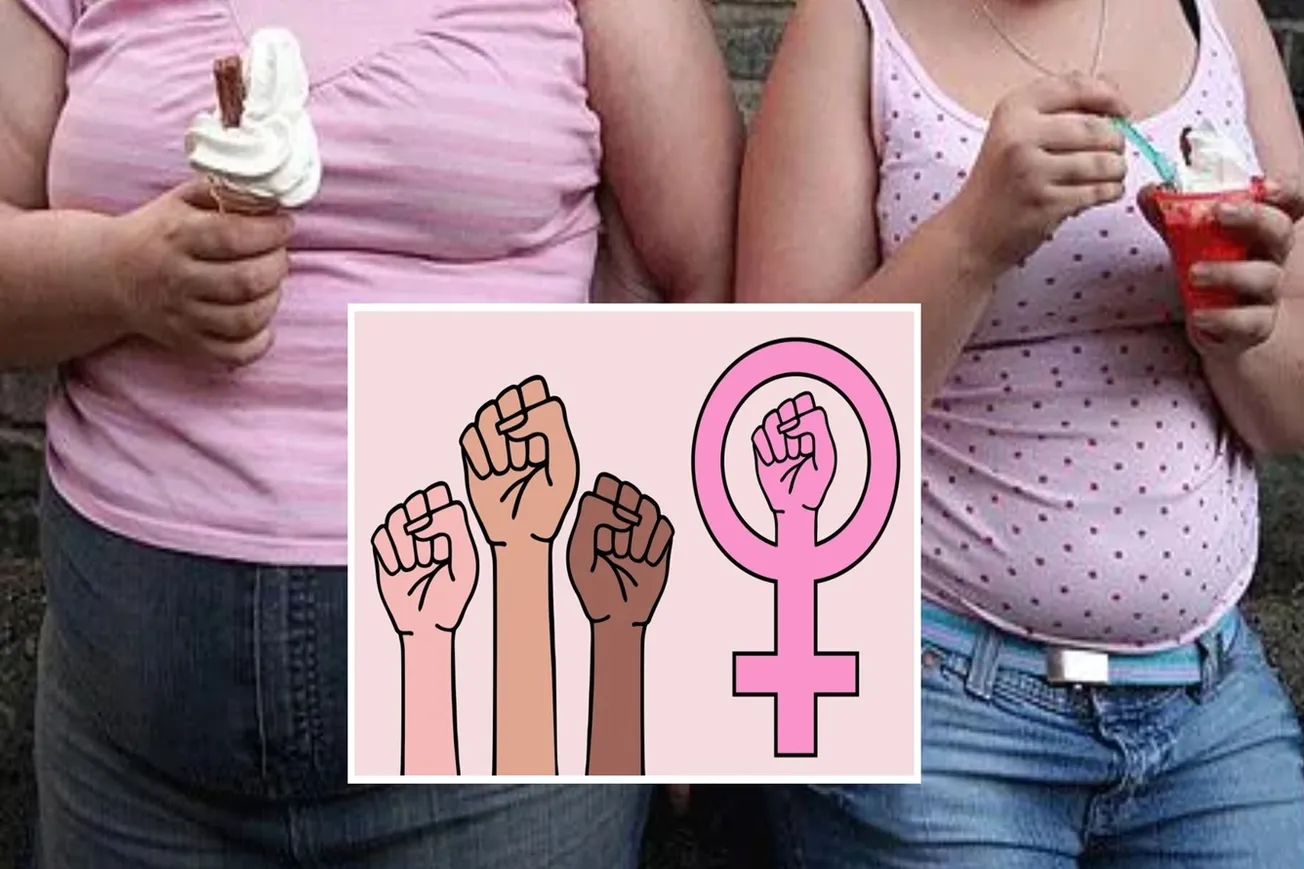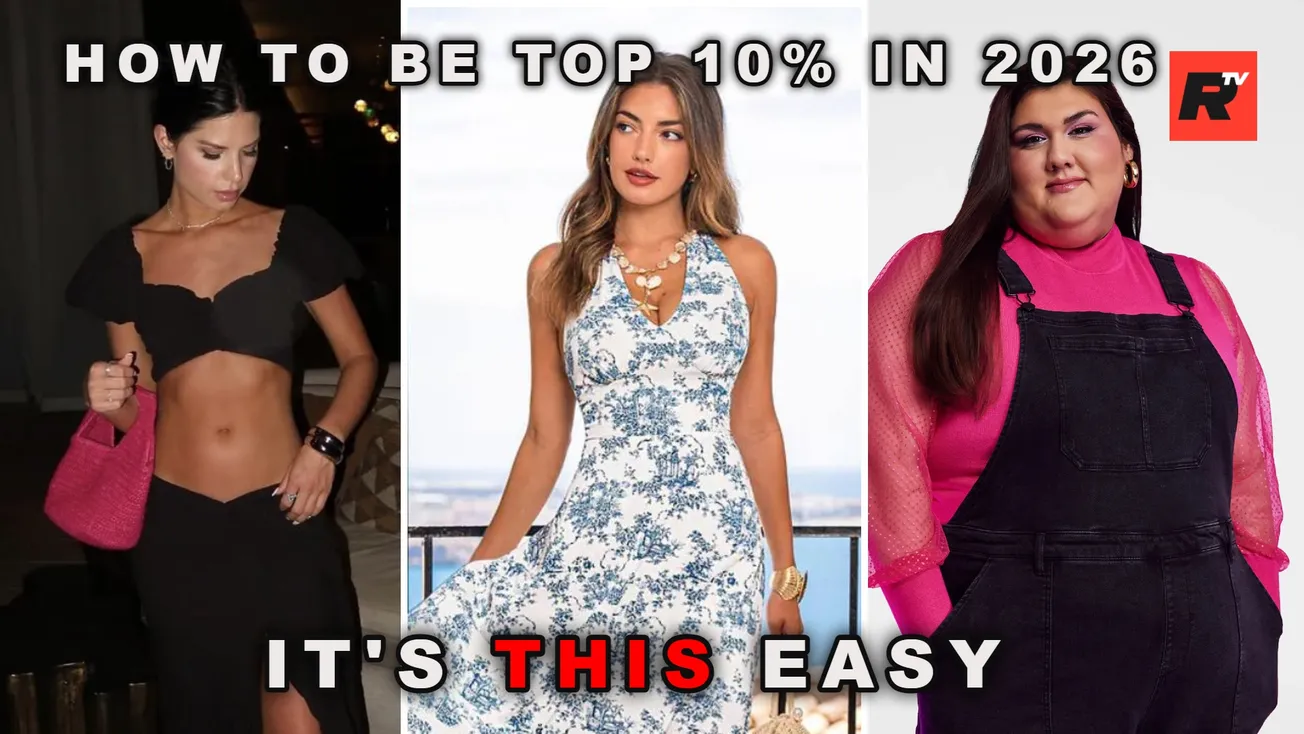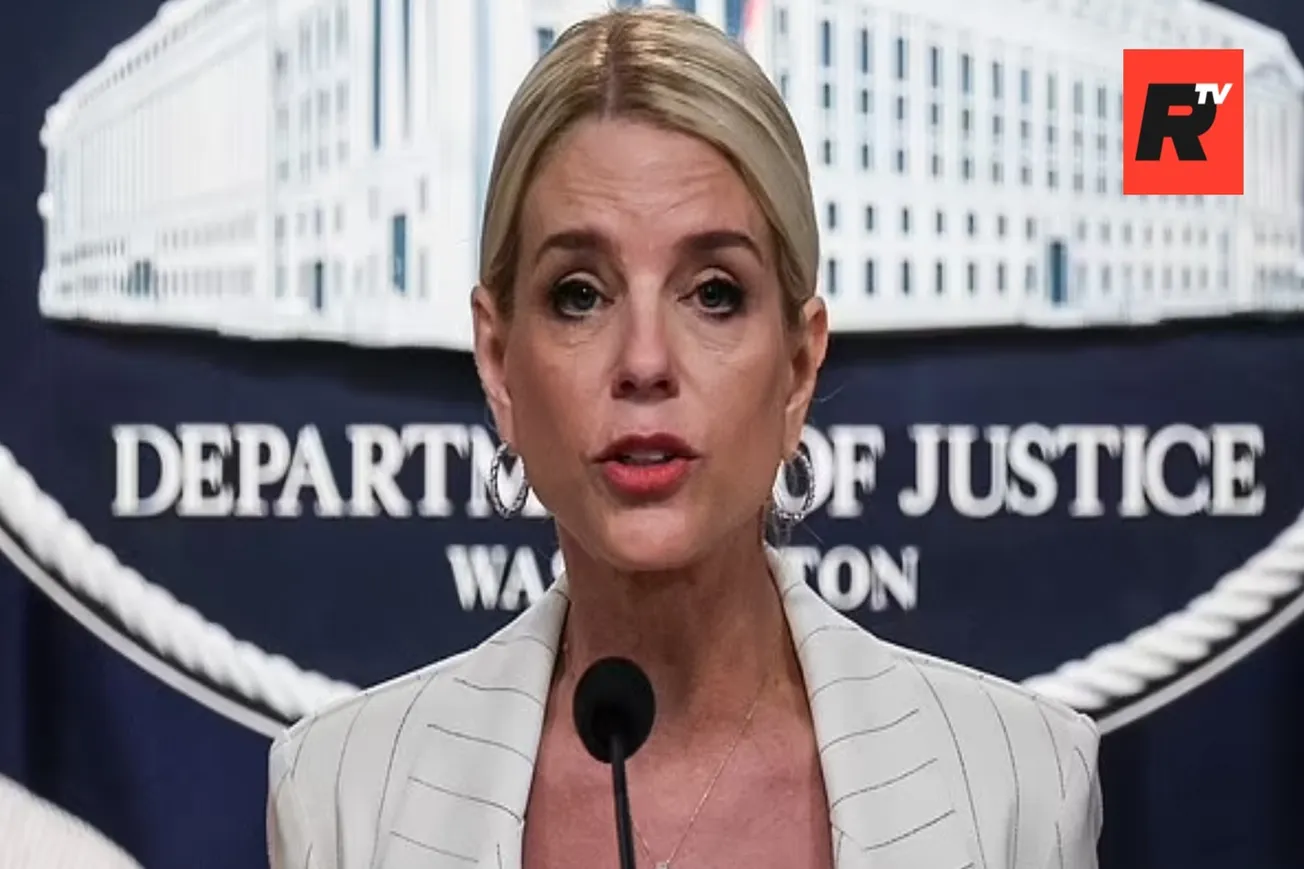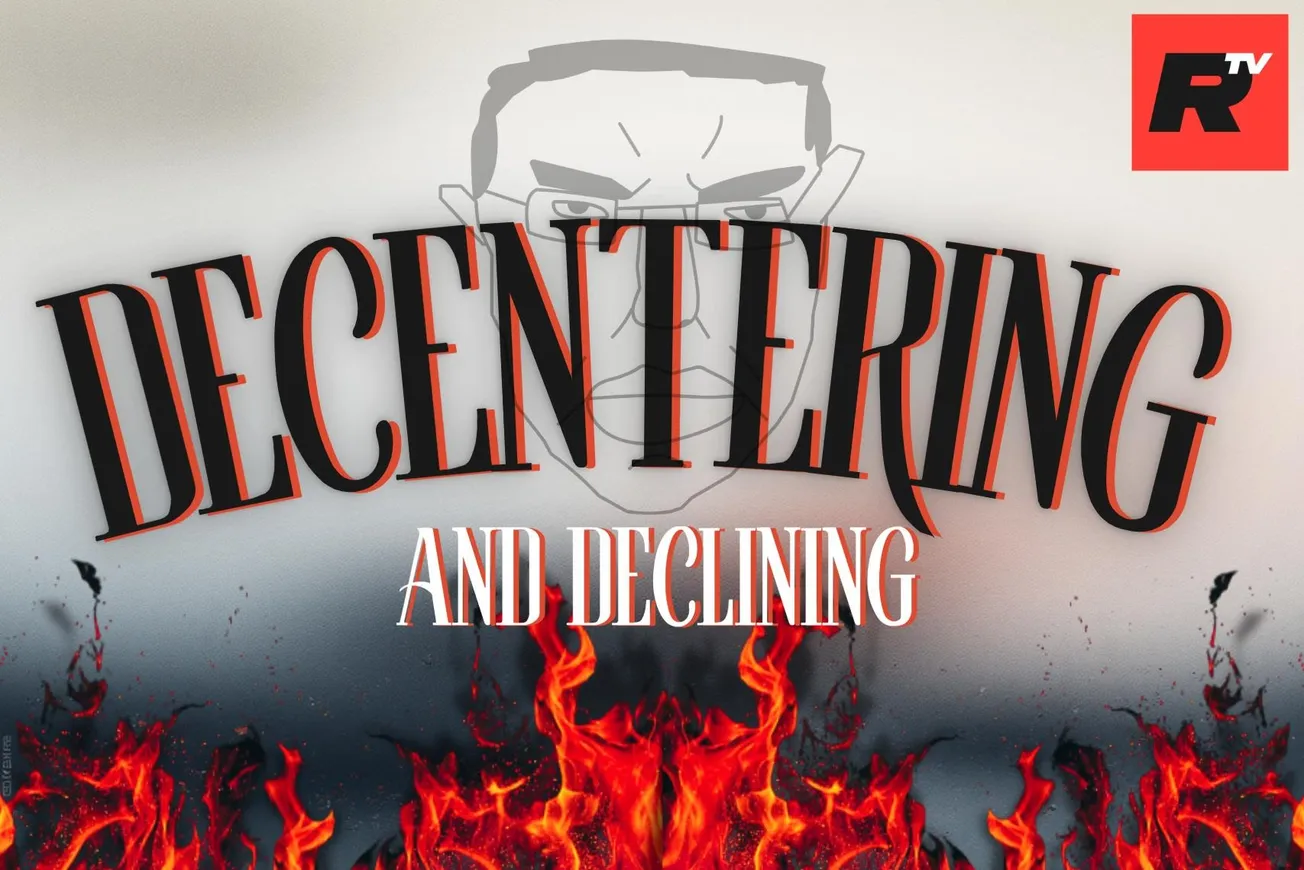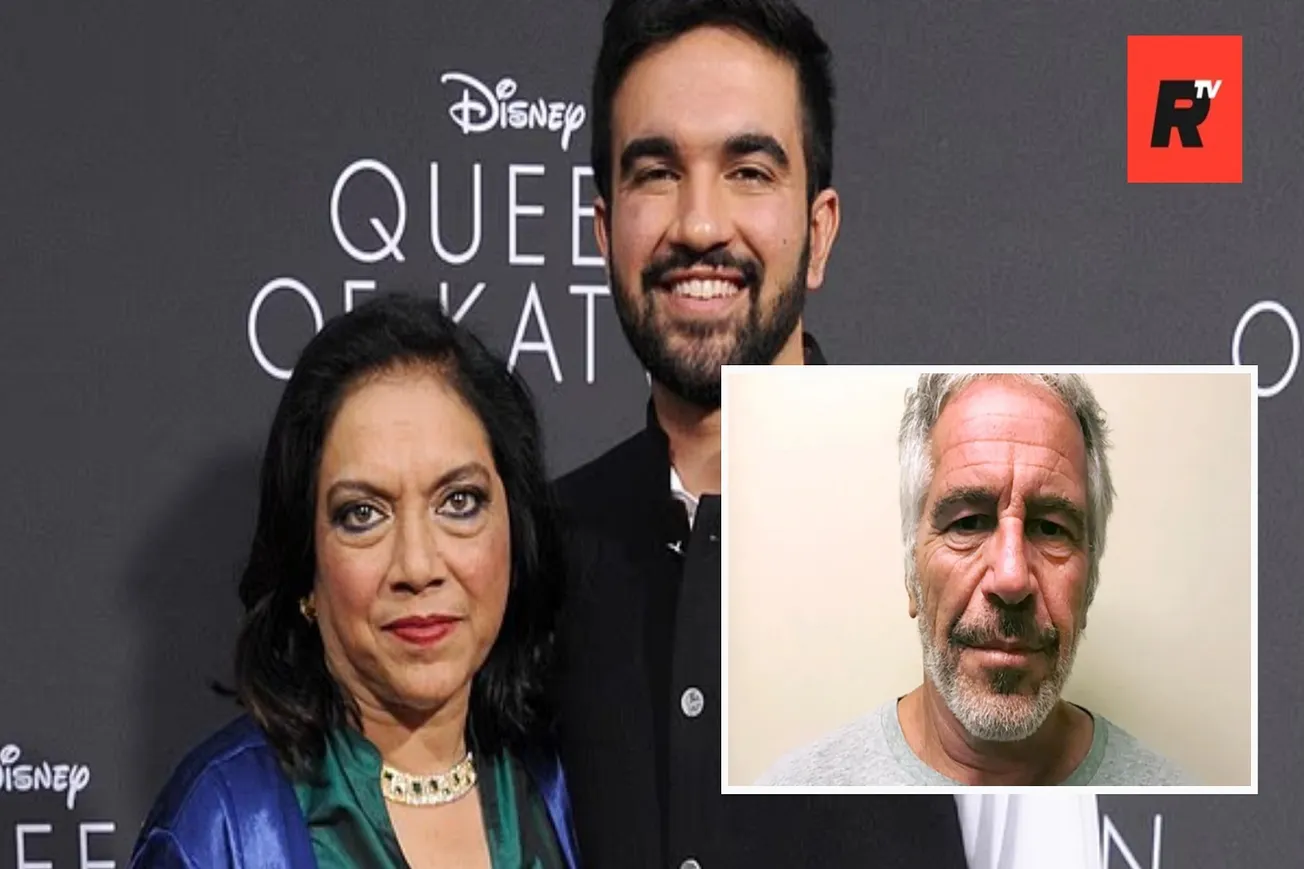Table of Contents
America stands at a crossroads, frayed by cultural shifts that threaten its core. Feminism, touted as a cry for equality, is actually a force eroding family, faith, and personal accountability.
Its modern iteration demands men uphold traditional duties—provide, protect, sacrifice—while excusing women from reciprocal roles.
Female conservative influencers, despite their traditionalist rhetoric, often amplify this imbalance, pushing a vision that romanticizes male obligation but sidesteps female duty.
The result is a society unmoored, where expectations tilt one way and responsibility vanishes.
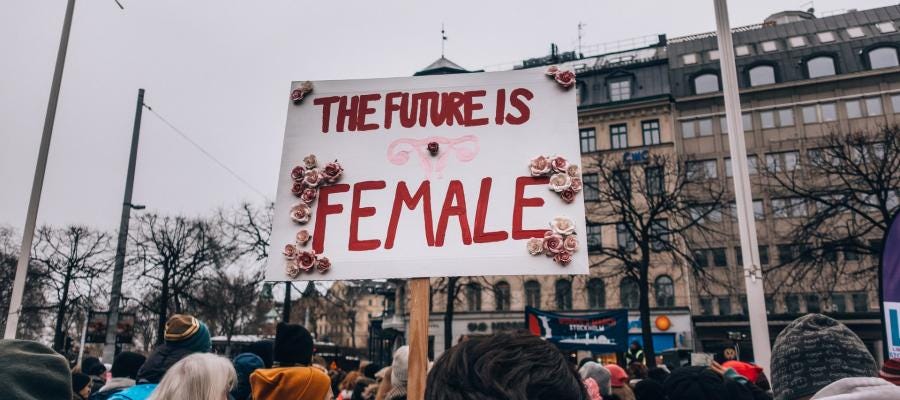
Feminism’s negative impacts are stark. Since the 1970s, the divorce rate has climbed 35%, with women initiating most splits, often citing vague dissatisfaction rather than concrete grievances.
Sociologist Kristin Luker notes that feminism’s push for autonomy has led to more single mothers, as young women, especially in low-income communities, see less need to marry before having children, given slim economic prospects for men.
This shift has left 65% of Black children and 24% of white children in single-parent homes, straining social safety nets and fueling cycles of poverty.
Workplace dynamics have also suffered. Feminist-driven policies, like affirmative action, have boosted women’s entry into fields like business and law, but at a cost.
Arlie Russell Hochschild’s research shows that in dual-career households, women still handle most domestic work, yet feminist narratives often frame men as shirking duties rather than acknowledging shared burdens.
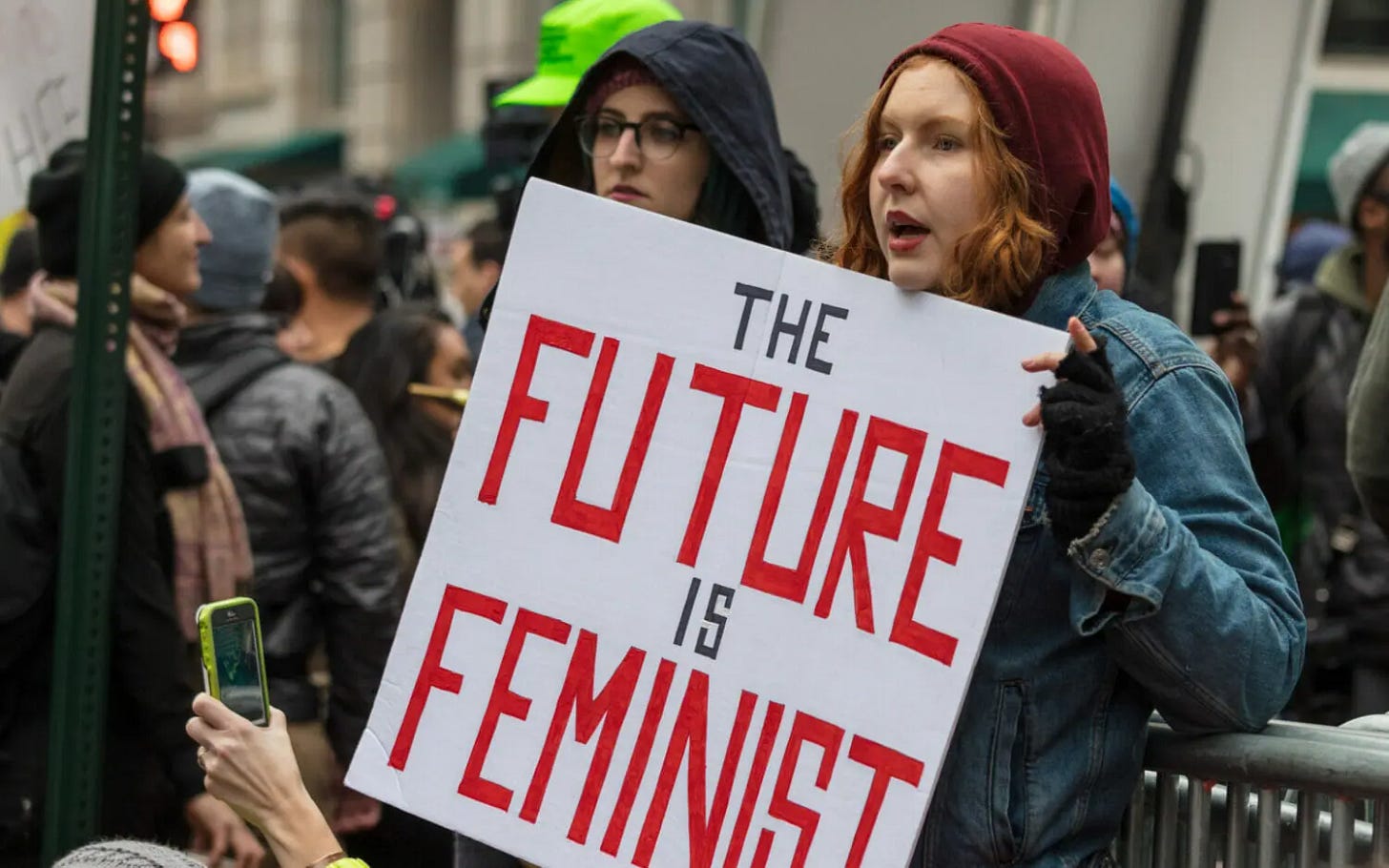
This breeds resentment, with 46% of Gen Z men feeling society is hostile to them, per the Survey Center on American Life.
The #MeToo movement, while exposing real abuses, has widened this divide, with 43% of young men identifying as feminist compared to 61% of young women, a 20-point gap reflecting growing male alienation.
Radical feminism’s rejection of traditional roles has further destabilized relationships.
Andrea Dworkin’s claim that heterosexual sex reinforces patriarchal oppression has echoes in third-wave feminism’s push for sexual liberation, which critics argue devalues commitment.
A 2020 Pew Research Center survey found only 55% of women believe they have “full equality” with men, yet 85% support equality in practice, suggesting feminism’s focus on perceived oppression alienates those who see progress. Suzanne Venker, co-author of “The Flipside of Feminism,” captures this:
“Feminism has sabotaged women’s happiness. It’s flipped male-female relationships upside down.”
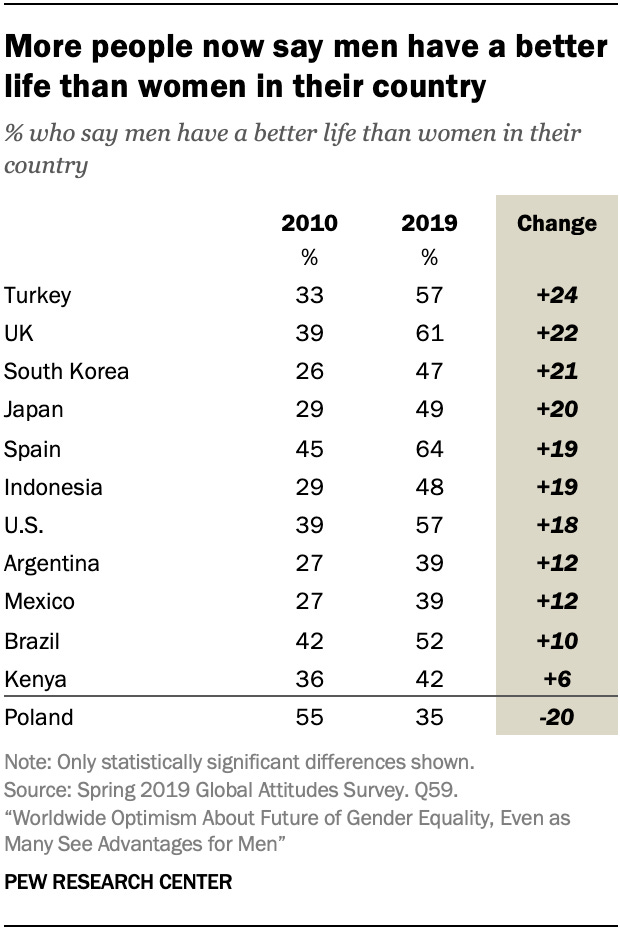
Enter female conservative influencers, who might seem like a counterweight but often mirror feminism’s flaws.
Figures like Brett Cooper and Candace Owens champion traditional values—family, faith, femininity—yet their messaging can reinforce a one-sided narrative.
Cooper, a 23-year-old YouTuber, recently mocked women who rely on men’s achievements while praising male builders of “civilization.” “I choose to acknowledge that and celebrate it,” she said, implying women’s gratitude is enough without reciprocal effort.
Owens, with her “Club Candace” platform, promotes a gender-essentialist view—men as providers, women as homemakers—but rarely emphasizes women’s obligations beyond aesthetics.
Allie Beth Stuckey, host of “Relatable,” pushes similar ideals: “Most women want to embrace their femininity and feel confident choosing a path the left and modern feminists despise,” like marrying young or skipping college.
These influencers, part of the “womanosphere,” gain traction through social media algorithms, as Eviane Leidig told Newsweek:
“Conservative content creators are strategic in optimizing their content to gain visibility.”
Their platforms, like Evie magazine or Turning Point USA’s women’s summits, promise a return to “faith, family, wellness,” as Charlie Kirk describes. Yet their vision often glorifies male sacrifice—build the home, pay the bills—while portraying women’s roles as optional, not obligatory.
Isabel Brown, a content creator, claims, “The next generation of women will revive the American family, embrace true lasting love in marriage again,” but omits what women owe in return.
This selective traditionalism mirrors feminism’s demand for male duties without female accountability.
Feminists expect men to uphold chivalric roles—open doors, pay for dates—while decrying any expectation of women’s domestic contributions as oppressive.
Conservative influencers, while rejecting feminist labels, echo this by celebrating women’s “choice” to be homemakers without stressing the mutual obligations marriage entails.
Both sides sidestep the reality: relationships thrive on reciprocity, not one-way demands.
The fallout is evident. Men, feeling vilified, retreat to figures like Andrew Tate, whose hypermasculinity fills the void left by feminist and conservative narratives alike.
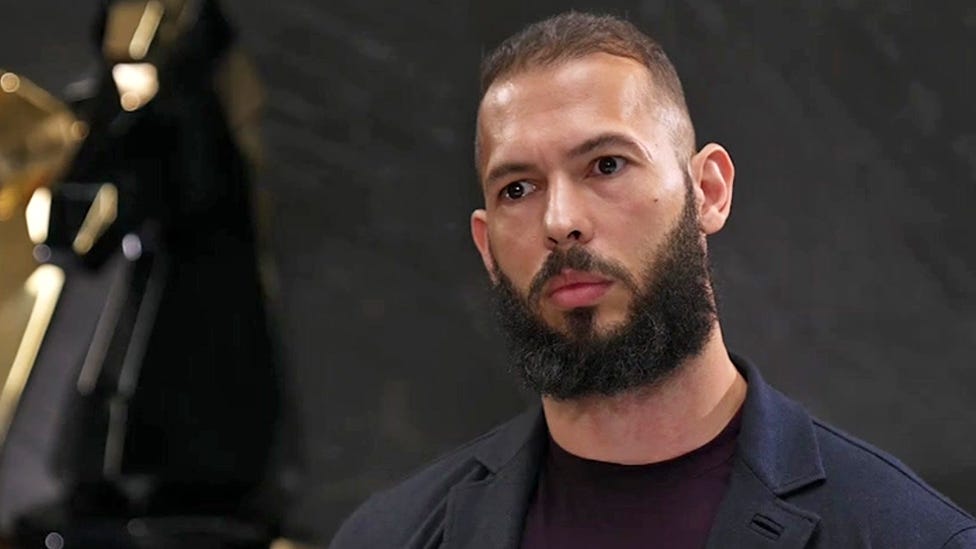
Women, fed competing visions of independence or idealized homemaking, face pressure to “have it all” or nothing, leaving many unfulfilled. A 2024 Gallup poll shows 30% of women under 30 feel unmoored by societal expectations, up from 20% a decade ago.
Feminism and its conservative counterparts need a reckoning. Both demand men bear the weight of tradition—provide, protect, persevere—while excusing women from equivalent duties, whether nurturing families or sharing burdens.
This lopsided expectation fuels division, erodes families, and frays America’s fabric. Venker’s warning rings true:
“The problem is that the majority of women don’t have the power—feminists do.”
Conservative influencers, by peddling a polished version of this imbalance, aren’t saving the day—they’re fanning the flames. It’s time to demand mutual accountability, not selective nostalgia, before the damage becomes irreparable.
Please leave your opinions / comments on these stories below, we appreciate your perspective!

